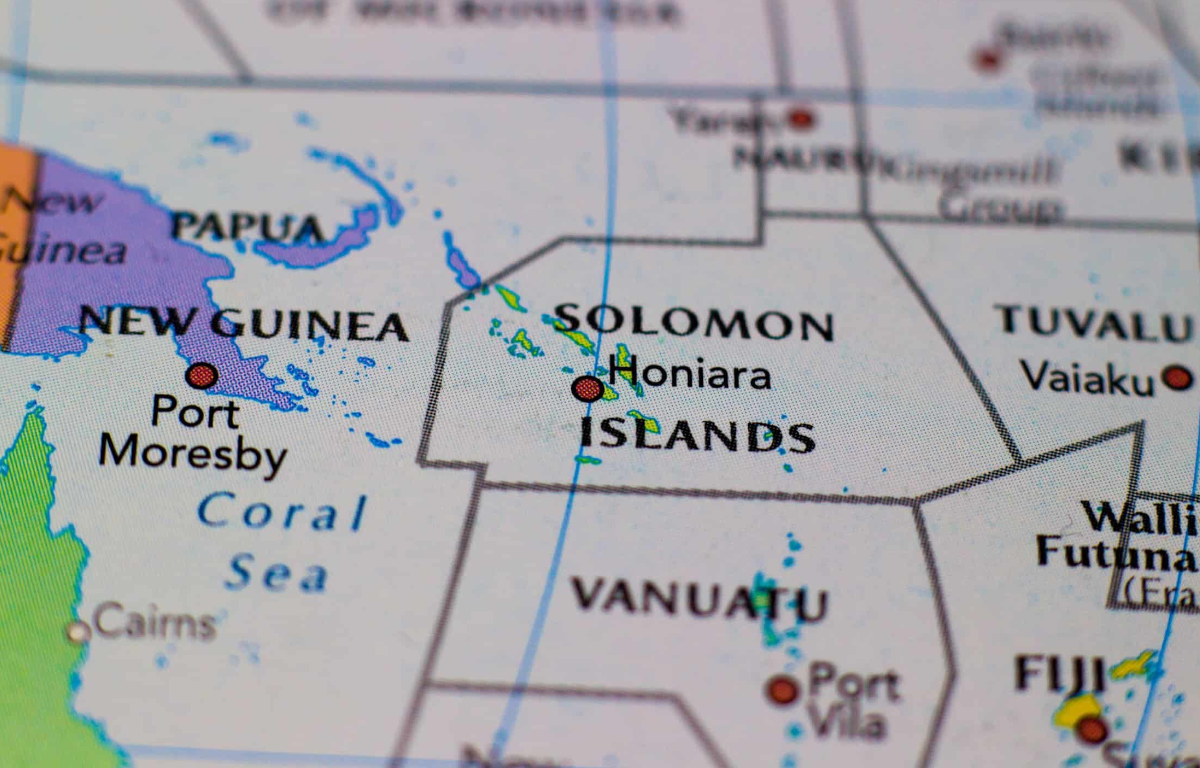
Japan has been grappling with the lingering aftermath of the Fukushima nuclear disaster that unfolded in 2011 following a massive earthquake and tsunami. Over the past decade, significant efforts have been invested in cleaning up the contaminated site. However, a major challenge persists: the accumulation of vast amounts of treated but radioactive water.
In response to this pressing issue, Japan unveiled a plan to release over one million tons of treated water from Fukushima into the Pacific Ocean. The Japanese government asserts that the water has undergone thorough treatment and poses no threat to human health or the environment. Nevertheless, this decision has ignited a fierce global debate, with China at the forefront of opposition.
China’s disapproval of Japan’s plan revolves around several crucial concerns. Firstly, Chinese officials are deeply worried about the potential environmental impact of introducing radioactive water into the ocean ecosystem. They argue that even with treatment, there remains a risk of long-term damage to marine life and ecosystems.
Secondly, there are concerns about transparency and trust in the process. China, along with other neighboring countries, is calling for independent verification of the water’s safety. Doubts persist about the accuracy and reliability of information provided by Japan, necessitating third-party oversight.
Thirdly, the release of Fukushima water into the Pacific Ocean has exacerbated existing tensions in the already complex relationship between China and Japan. Historical grievances and territorial disputes continue to strain diplomatic ties, and this issue threatens to further deteriorate relations.
Lastly, the global community is closely monitoring Japan’s decision because it could potentially set a precedent for the handling of radioactive water from nuclear facilities worldwide. China’s opposition reflects concerns shared by numerous nations about the potential future ramifications of this action.
Resolving this issue will require delicate diplomacy and a commitment to transparency and cooperation. Japan has pledged to adhere to international safety standards and consult with neighboring countries, while also committing to a slow, controlled release of the treated water over several decades.
The International Atomic Energy Agency (IAEA) has offered its assistance in monitoring the discharge and ensuring transparency in the process. This step holds the potential to alleviate concerns regarding the water’s safety.
, Japan’s decision to release treated Fukushima water into the ocean is a highly intricate issue with profound global implications. China’s vocal opposition is just one facet of the broader international debate surrounding this controversial move. The necessity for transparency, rigorous monitoring, and international cooperation is abundantly clear. As Japan proceeds with its plan, the world will closely watch for an outcome that balances environmental concerns with the imperative of addressing a long-standing nuclear crisis.









Share this: